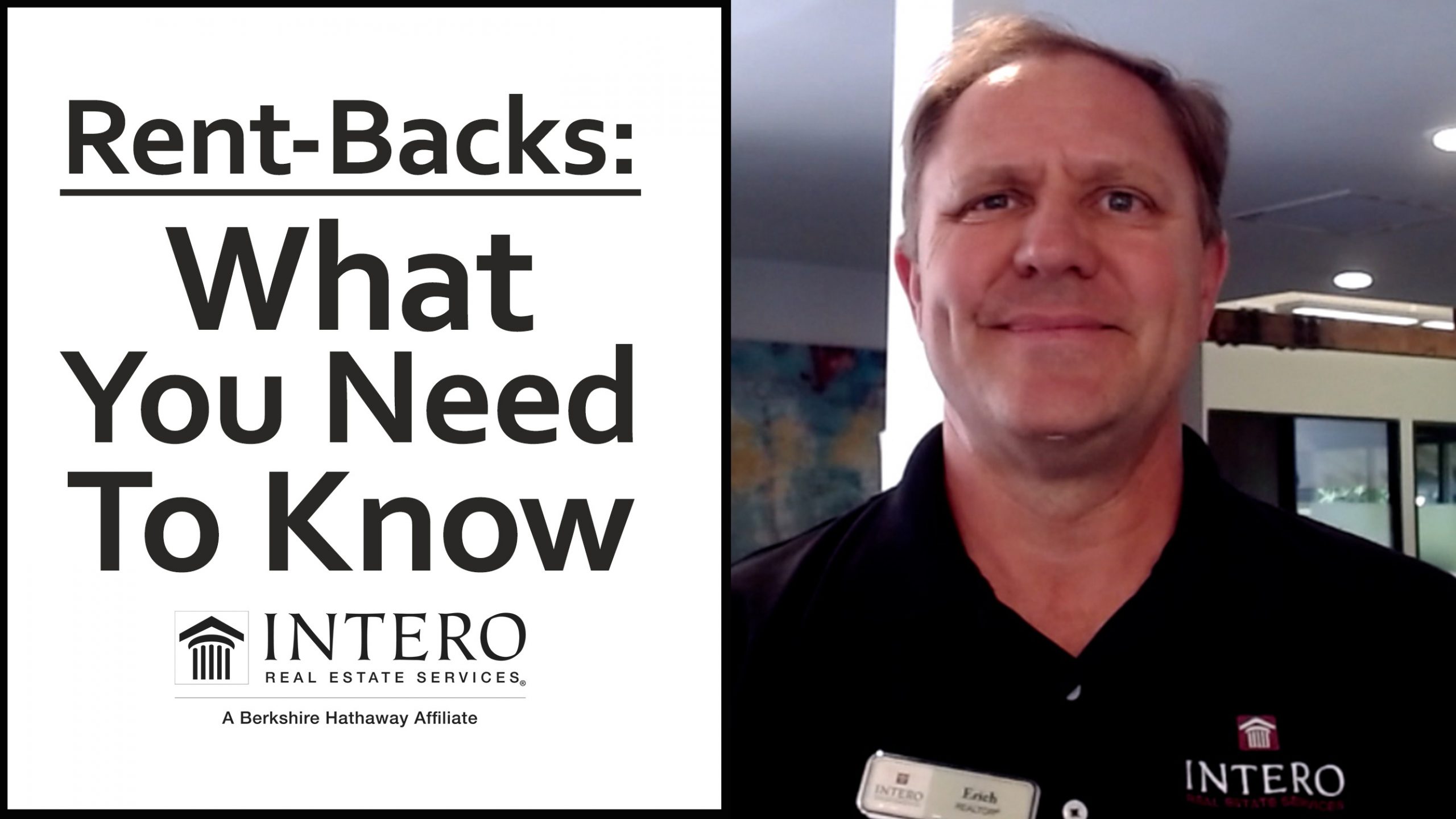Here’s what you need to know about rent-backs.
Search All Homes on the MLS Here
Receive a FREE Home Value Report
What are the risks and benefits of rent-back agreements?
To answer that question, let me first explain what a rent-back agreement is. A rent-back is when the seller of a home continues to live in that home after the close of escrow. The buyer and seller agree to the price and terms of the rent-back in a separate document. It can last for up to 60 days if the buyer is purchasing the home as their primary residence, and the time frame is limited by the buyer’s financing. If someone’s buying a property as an investment property, the rent-back can be as long as the buyer and seller want.
The benefit of a rent-back as far as sellers are concerned is that it gives them more time to get their future housing plans in order. For example, if a homeowner needs to sell their current home but also purchase another one, they may need the proceeds of that sale to do so. 30 to 60 days doesn’t seem like a long time, but it can make a big difference to a seller who needs to pack up a home and move. If the seller has a settlement date that’s nearby, the rent-back will only last a few days. Rent-backs can also benefit buyers who have a lease that doesn’t end for a while because the seller can stay and pay them rent.
“
For rent-backs to work, both parties and their agents need to be clear on the terms of the agreement.
”
In our current market, it’s not uncommon for buyers to offer free rent-backs to sellers because they’re looking for opportunities to make their offers stand out from the crowd and be more competitive. In a more balanced market, the typical rent-back amount is prorated per day according to the buyer’s daily carrying costs.
The risks of a rent-back materialize when the seller can’t move out on time. This can be challenging because the buyer may have already picked a day to move into the home. Outside of this situation, though, the risks are relatively low. There’s a security deposit that’s held in escrow while the rent-back is in place, and it’s important that both parties document the condition of the property so that if there are any questions, they can refer to that document.
The bottom line is that for rent-backs to work, both parties and their agents need to be clear on the terms of the agreement. As always, communication is key.
If you have questions about this or any other real estate topic, don’t hesitate to reach out to me. I’d love to hear from you.


 Facebook
Facebook
 Twitter
Twitter
 Pinterest
Pinterest
 Copy Link
Copy Link


